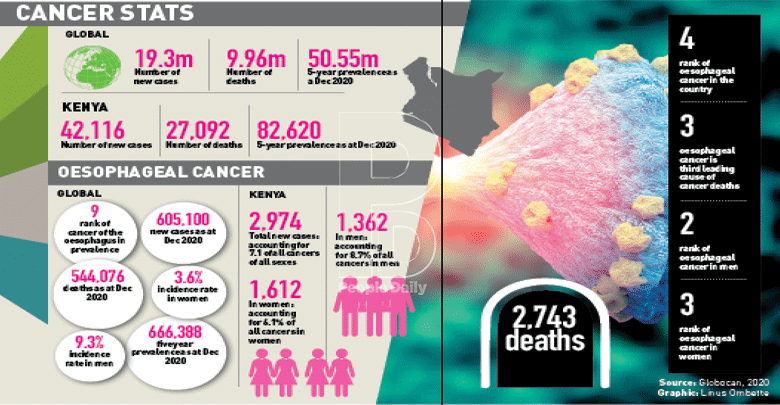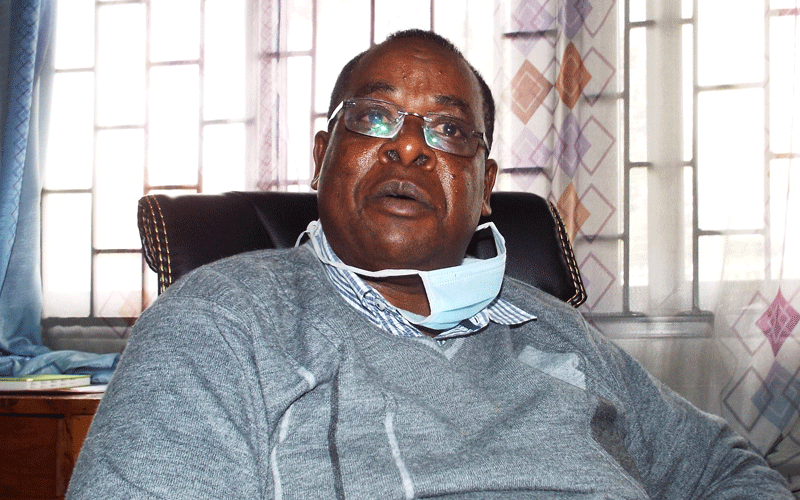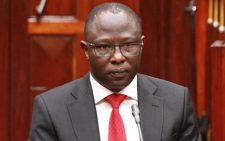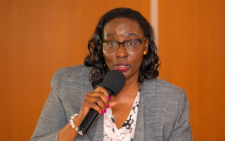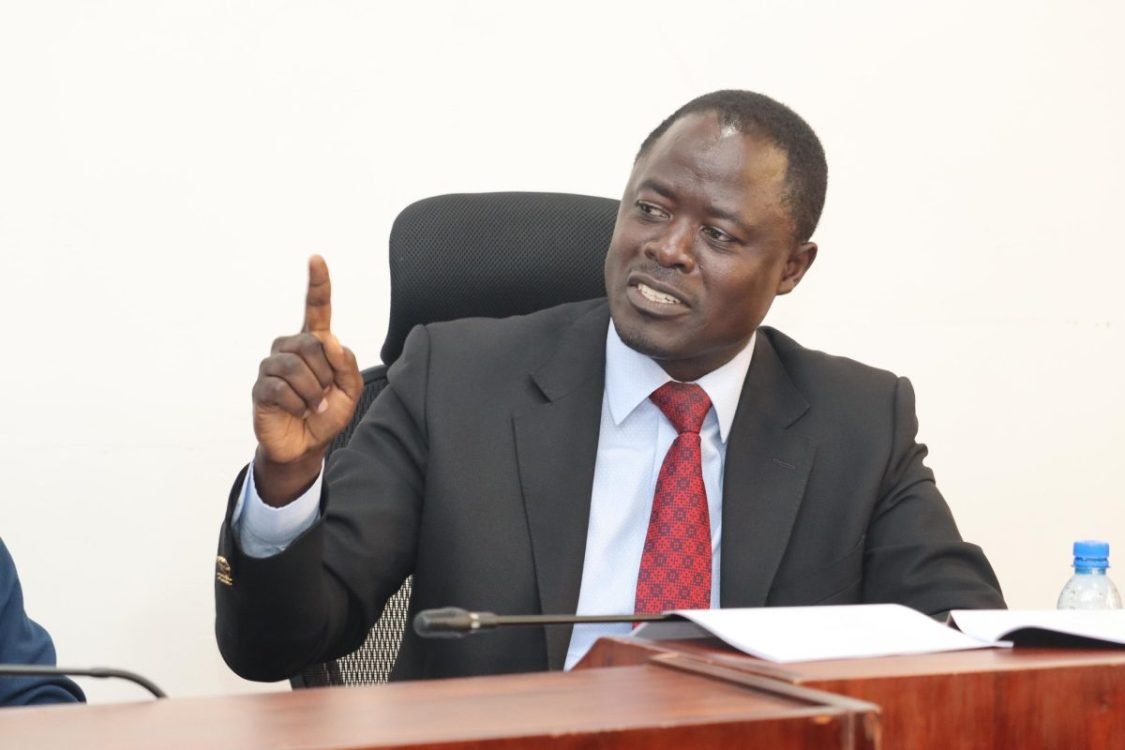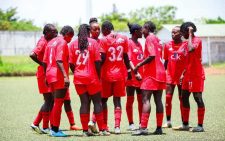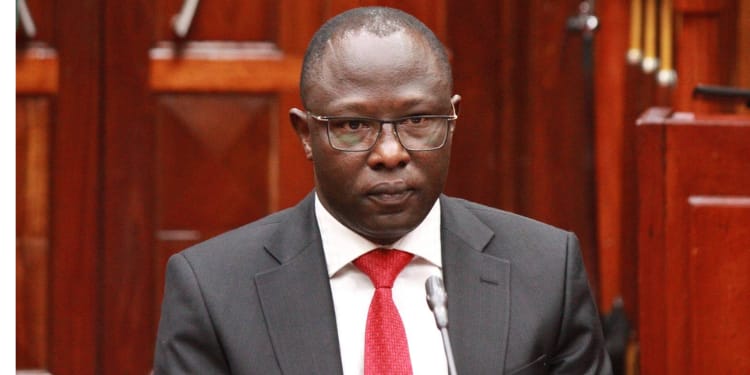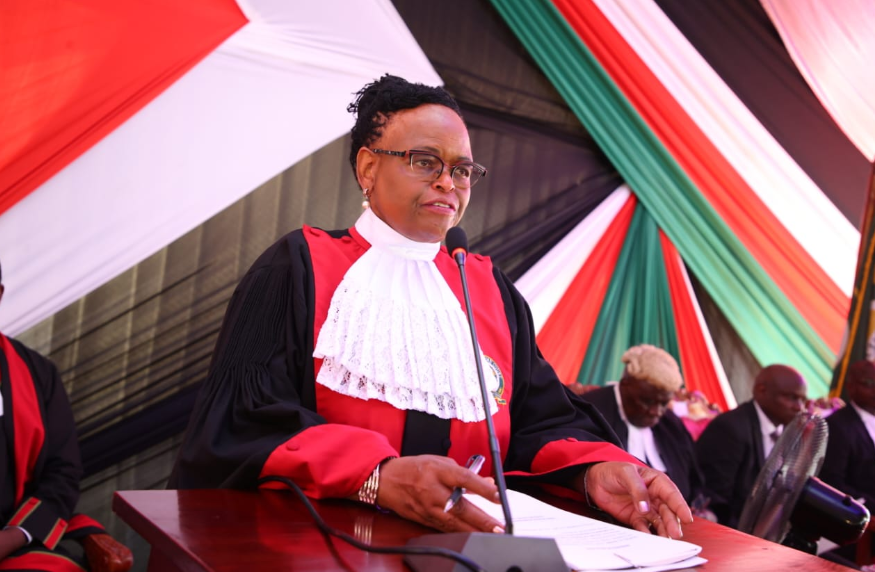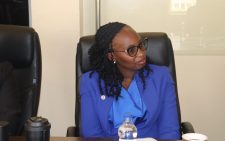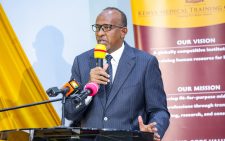Why we advocate for youth friendly services

When Mercy Kioko was doing her rotations as part of her community health education in Moi University, she encountered a nine-year old pregnant girl at the mother and baby unit at the Moi Teaching and Referral Hospital.
“The young girl was crying. She did not understand what was happening to her and to her body,” she starts.
This gave her the push to start an initiative that would teach young girls and boys everything to do with their bodies, healthy relationships and how to protect themselves.
This moment birthed Entrust Youth Platform, a community based organisation that focuses on advocacy and outreach, training and capacity building of youth and funding for sexual rights and reproductive health (SRHR) and for youth-friendly centres as per the County Integrated Development Plan.
“These youth friendly centres have not been established, and getting the political leaders is not easy,” she says.
They have also ensured county hospitals have youth friendly corners, where young people can access services.
Mercy takes in the small wins, which include the conversation with Uasin Gishu deputy governor, Daniel Chemno, to direct the finance department to release Sh2.4 million for the establishment of a youth-friendly centre in Ziwa.
Sh1 campaign
Mercy is also happy that the organisation has been reaching out to over 200 youth per month with SRHR information.
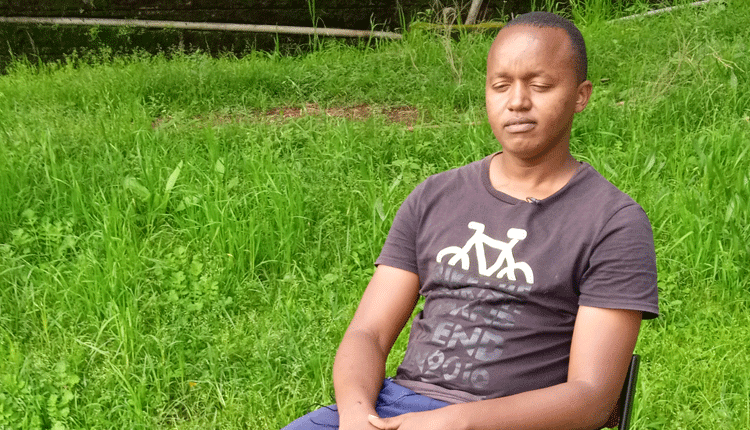
The restrictions to combat Covid-19 has adversely affected numbers, but the group had found new solutions.
“We turned to social media, especially Facebook, where we have discussions on many SRHR topics, reaching out to at least 50 people per sessions,” she adds.
They plan to increase the session to two a week and include a physical outreach observing Covid-19 rules.
“We are also running the Sh1 bob campaign, a donation drive whose proceeds go to buying sanitary pads for girls in Turbo, a town in Uasin Gishu where there have been a lot of sex for pads cases reported,” she explains.
For the boys in the area, the organisation is taking on a mental health approach by giving them trees in bid to teach them how to nurture themselves just as one would nurture a tree: with the right ingredients, the tree would grow and vice versa.
When Peter Mwangi married his girlfriend, they immediately got on family planning to space their children. They now have three children each born four years apart.
This has been a deliberate move, especially after he had seen first-hand how women in his community got pregnant in succession, and sometimes even within four months of giving birth.
Watching the difficulty these women went through made him vow not to take his wife through the same.
“It was not an option for us: we had to use contraceptives,” he said.
The electrician joined Family Health Options Kenya in 2011 as a youth member. He was introduced to peer education, mentorships and other trainings.
“While there, I learnt about contraceptives including condoms, depo and intrauterine devices,” he says.
The information he learnt helped him become a better person and father, something he would not have been if he had not joined the organisation that targets youths aged between 15 and 24.
“In African setting, I do not think young men are taught about sex and sexuality. In many cases, it is rare for men to be told to say no to sex.
And for many communities it is women who have been left with the responsibility of child bearing and raising,” he adds.
This is how the cultural norms are set, and many young men think because they provide for the family then they are set.
This combined with poor healthcare seeking behaviour puts them at a disadvantage when it comes to learning family planning information.
The lack of mentorship for men as well makes it hard for them to find such information.
“The information they have from their peers is not accurate and spreads so fast. If we start mentorship early enough, we would be able to avoid the major pregnancy crisis we have in this country,” he says.
